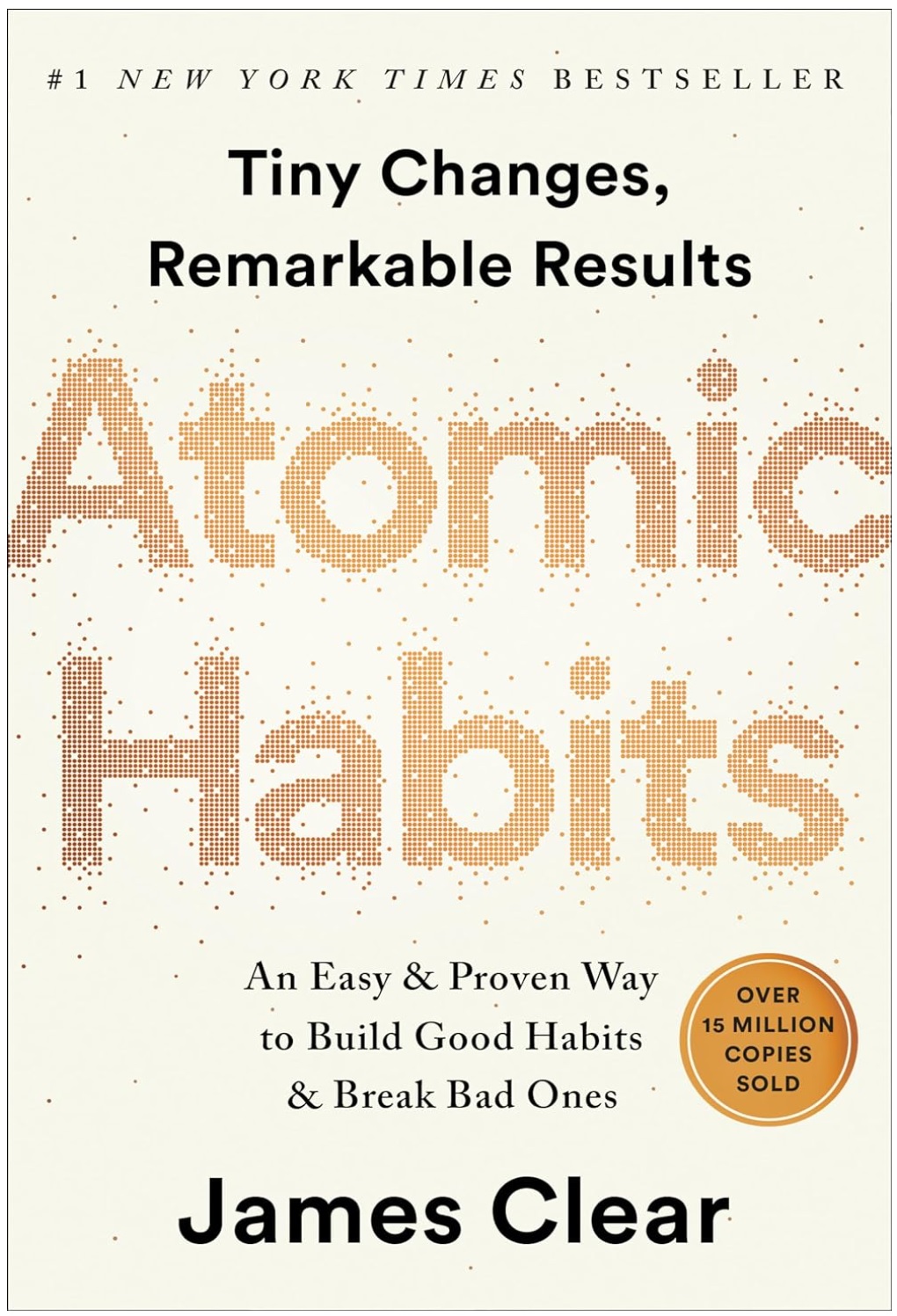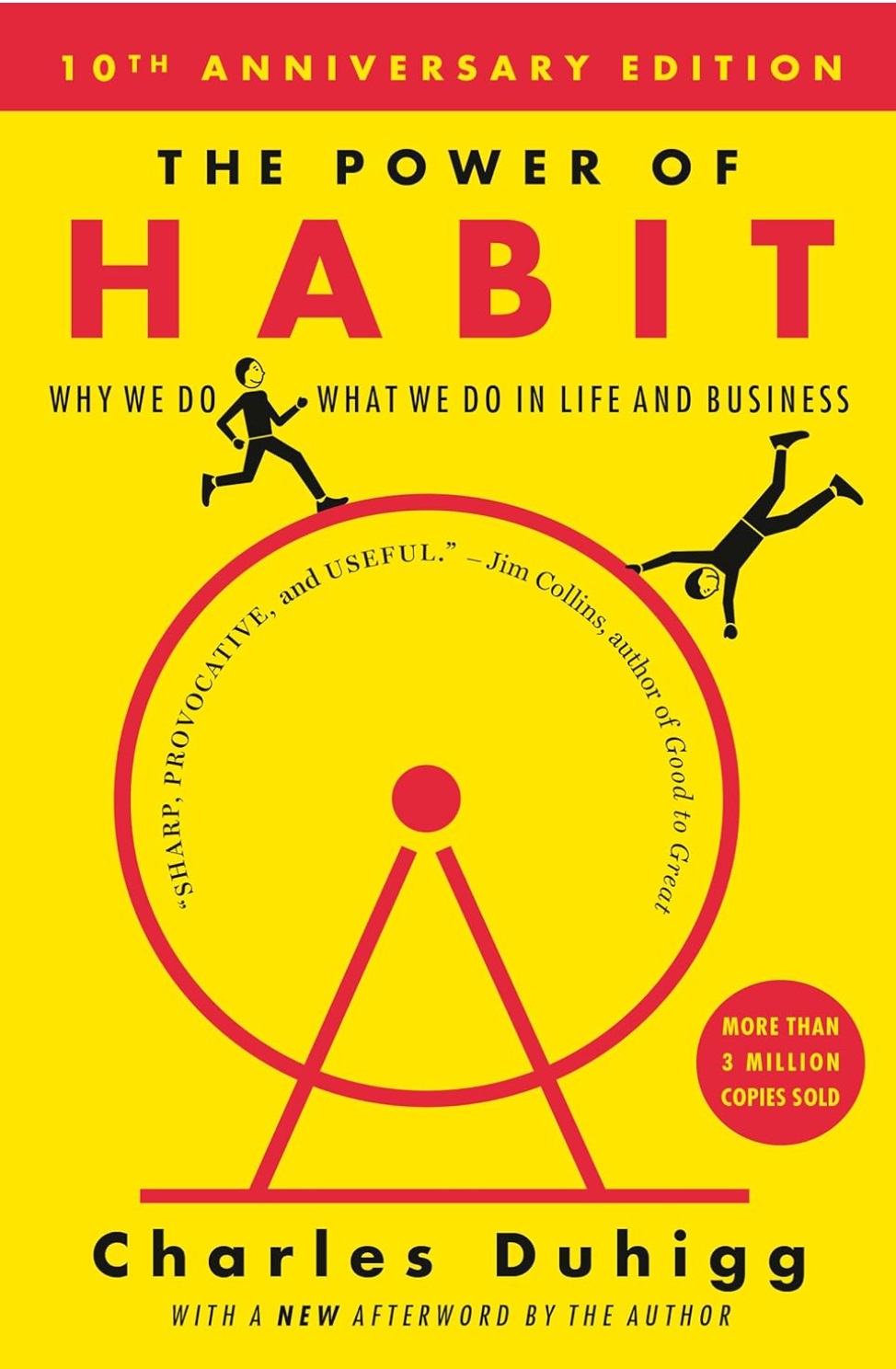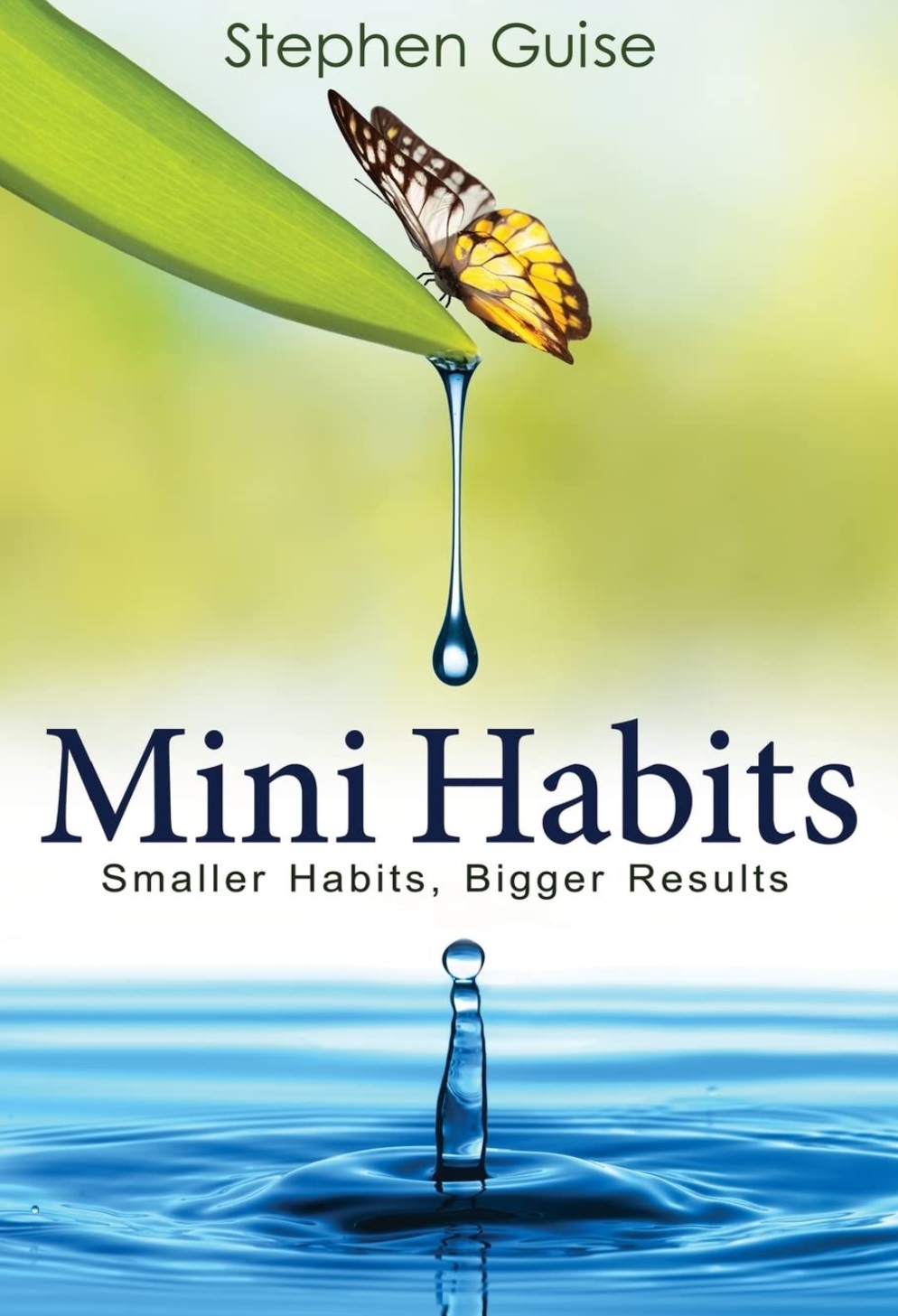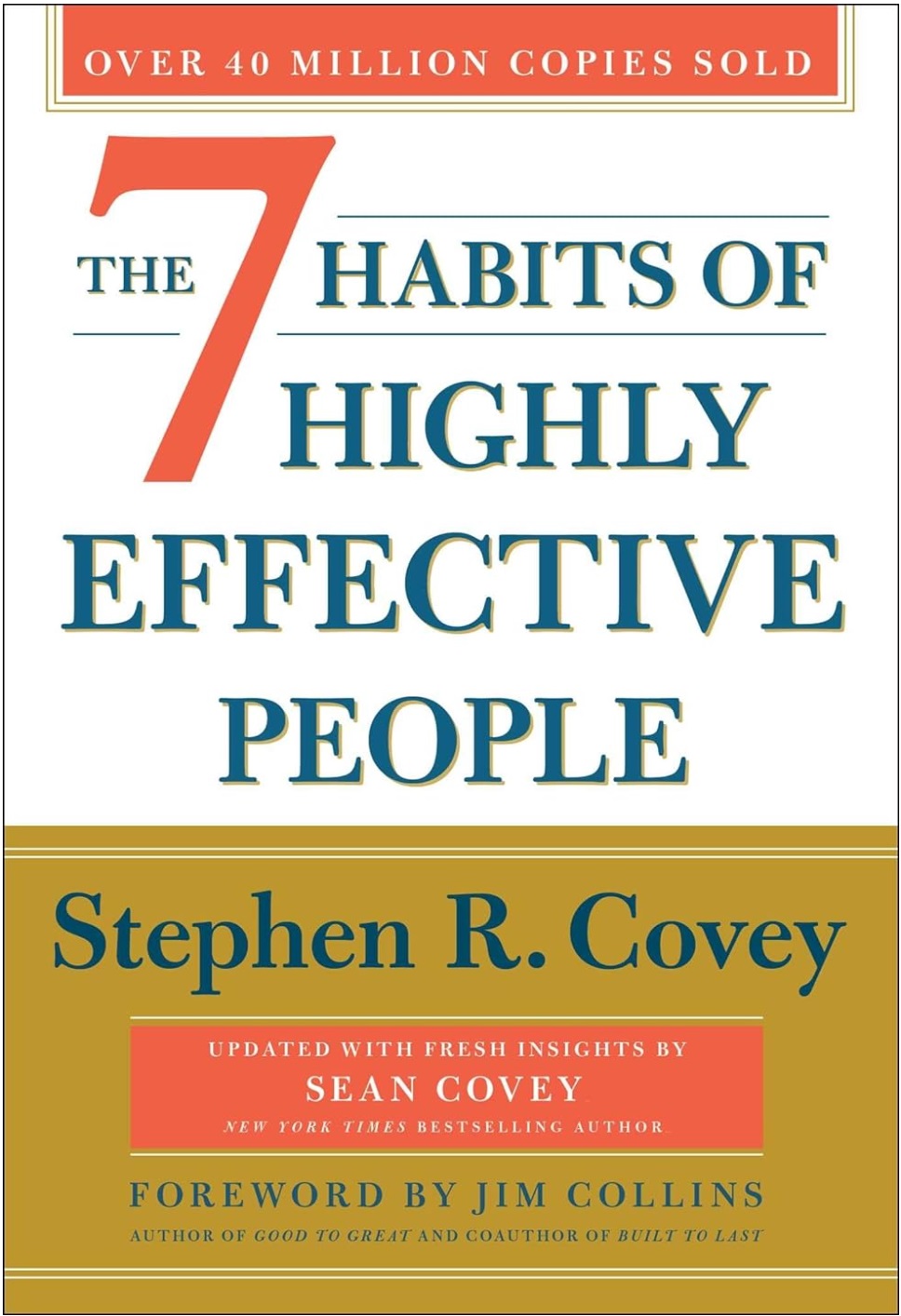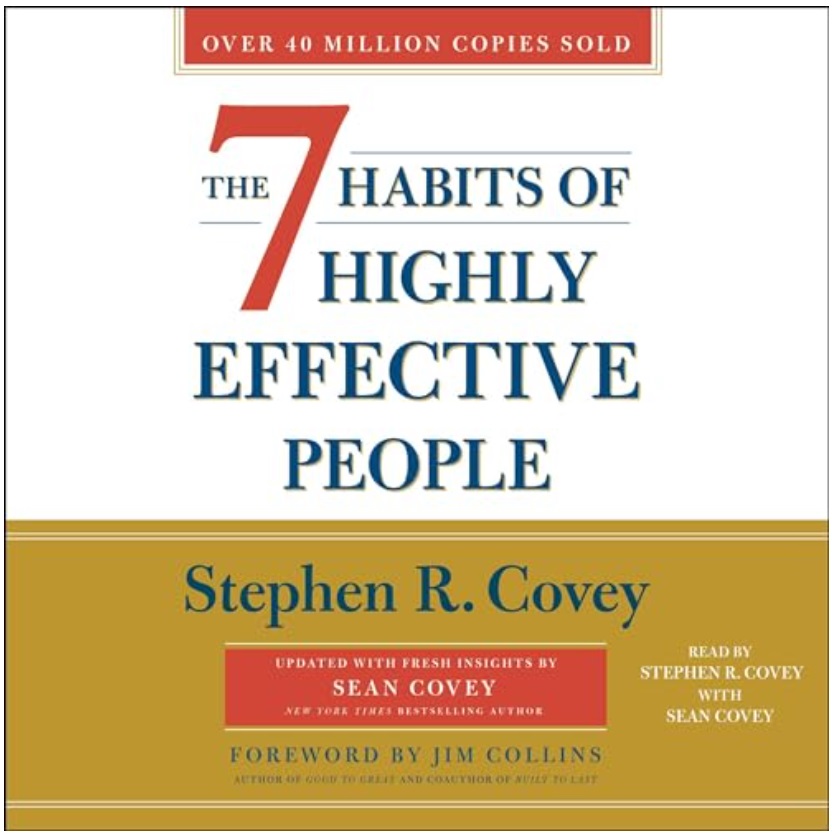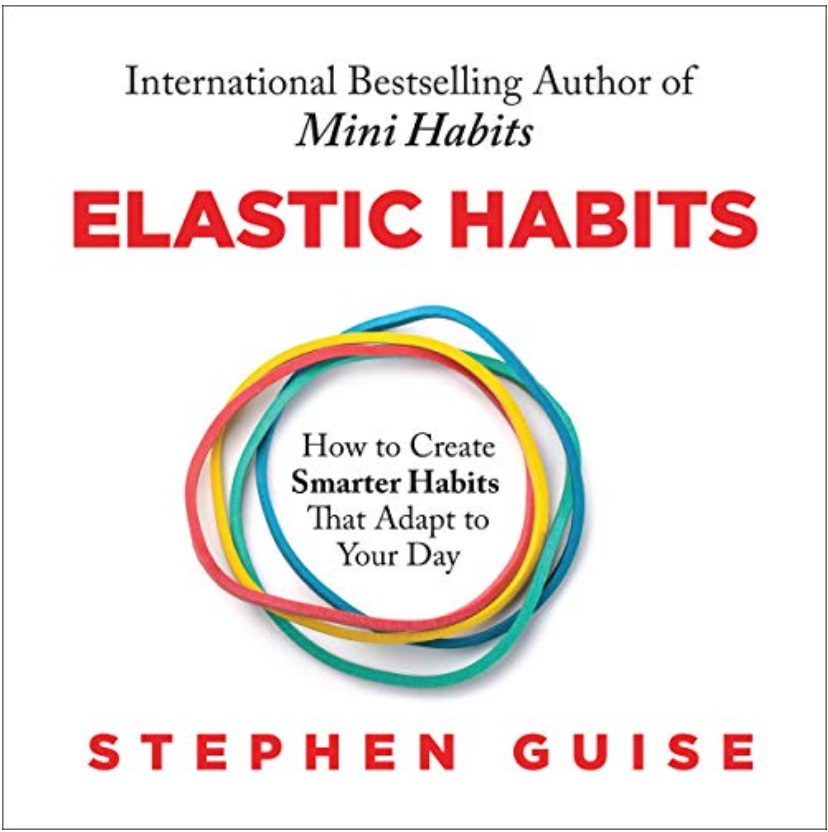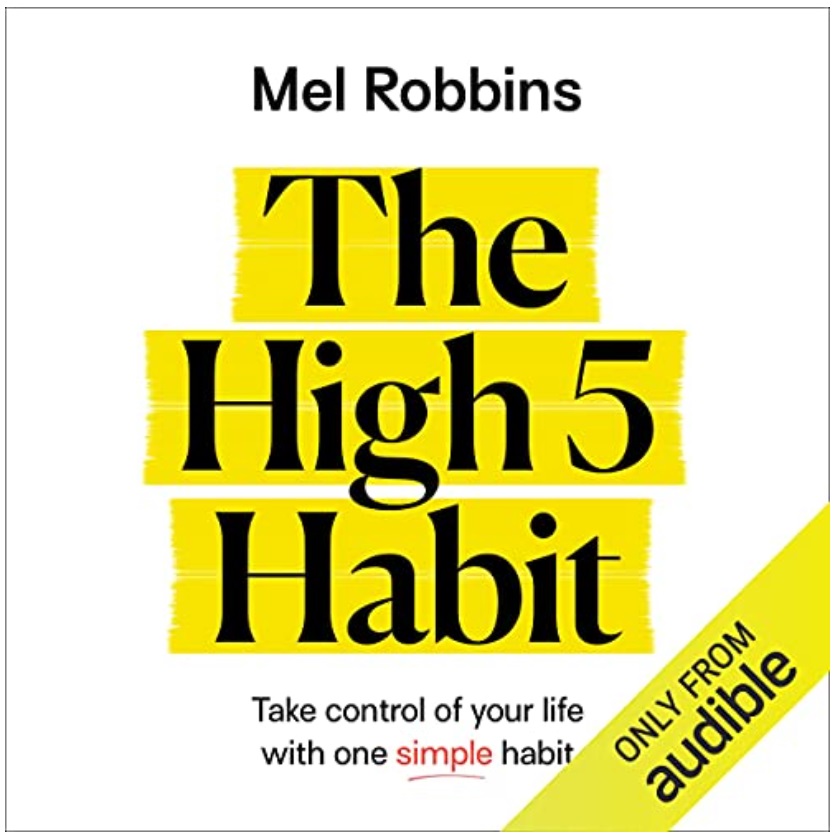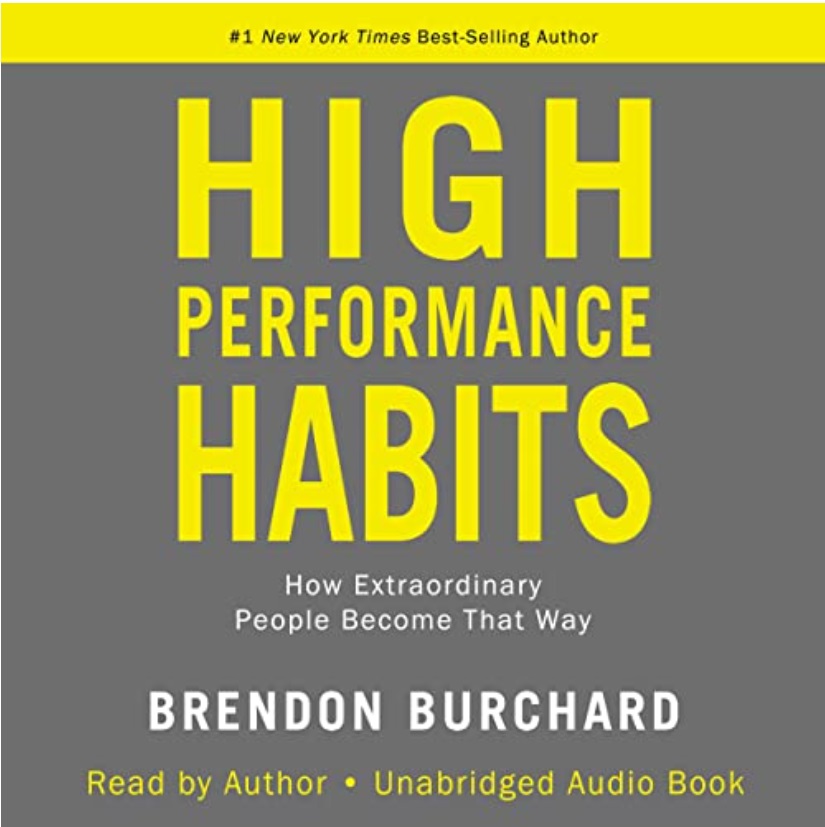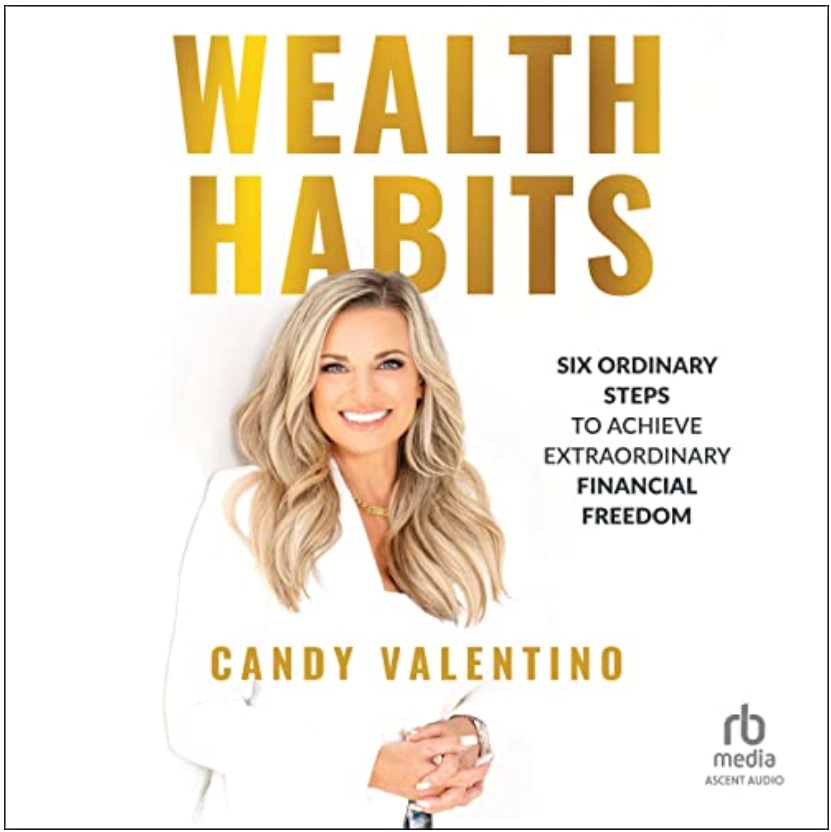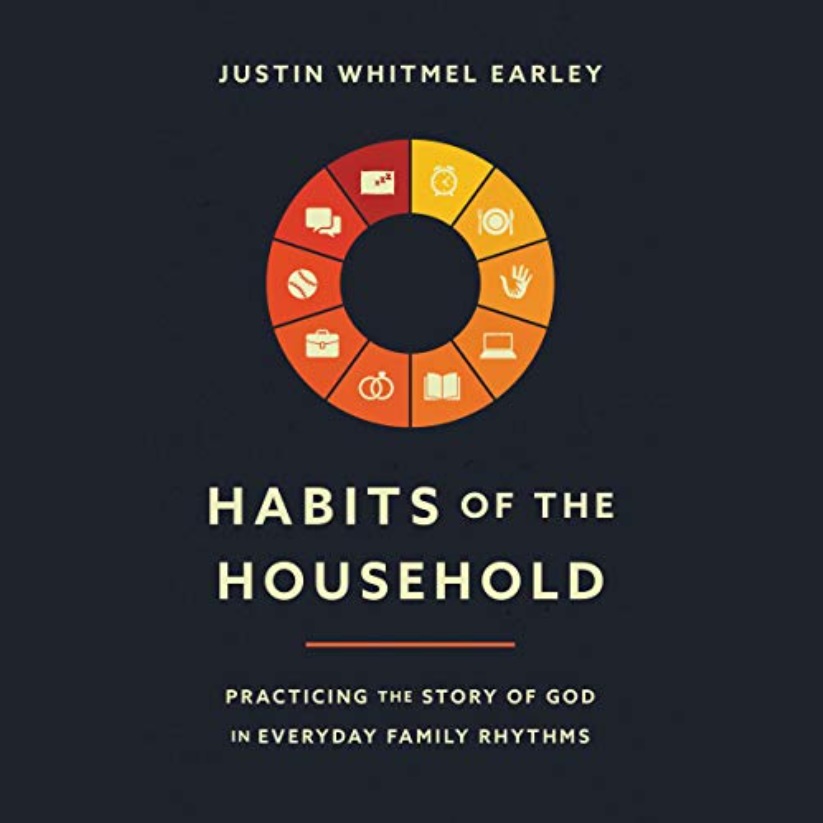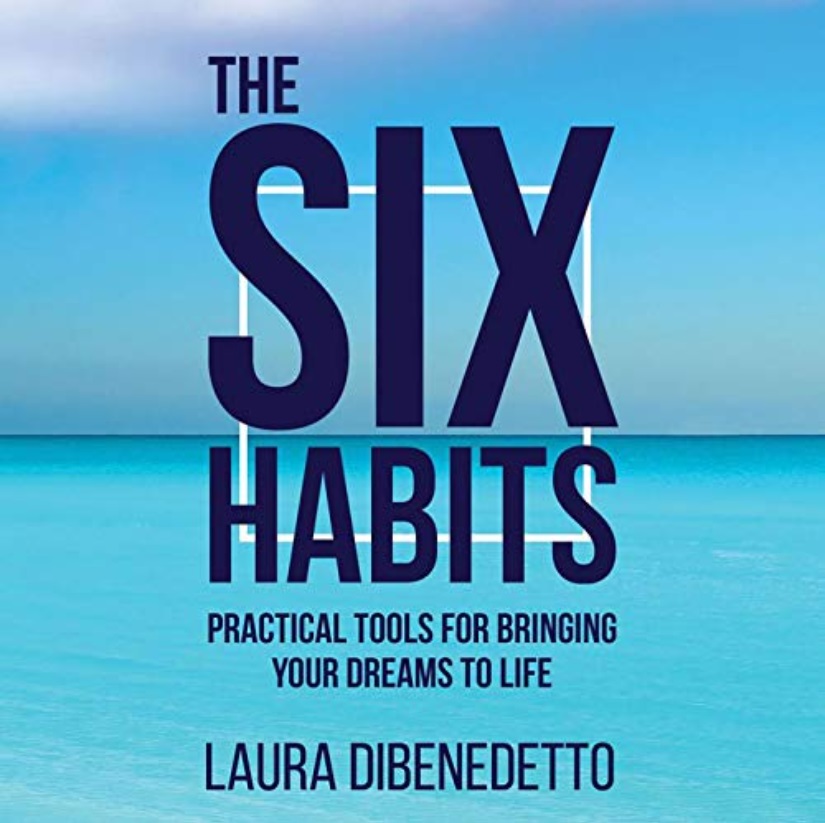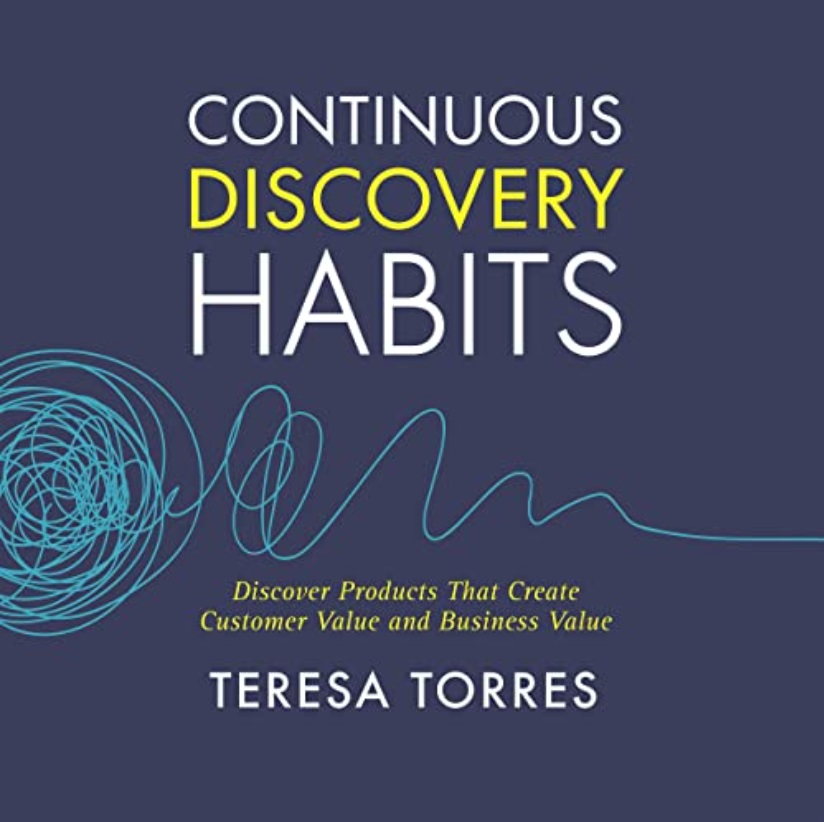- WHAT YOU'LL LEARN IN THIS ARTICLE
- Understanding your core values helps you resist external pressures and make authentic, confident life decisions.
- True peace comes from living in alignment with your values, not from chasing society’s version of success or popularity.
- Small, intentional actions like mindful reflection, honest conversations, and value-aligned routines make staying true to yourself easier.
Have you ever felt like you were living someone else’s life? Like your choices weren’t fully yours, even though you were the one making them? It’s surprisingly easy to get caught up in the expectations of family, friends, colleagues, or even strangers on the internet.
Social pressure can be subtle; a raised eyebrow, a well-meaning suggestion, or the quiet urge to keep up appearances. And over time, we can drift away from what matters most: our values.
Staying true to yourself isn’t about being rebellious or shutting the world out. It’s about remembering what you stand for, and letting those values shape your daily decisions. In my own life, I’ve had to pause and ask, “Am I doing this because I want to? Or because I think I’m supposed to?” That one question has saved me from countless missteps.
In this post, we’ll explore how to recognize the tug-of-war between your values and social pressure, and most importantly, how to stay grounded in who you truly are.
Table of Contents
ToggleUnderstanding the Conflict Between Personal Values and Social Pressure
Let’s start with a clear view of the battlefield: where our internal compass clashes with the world’s expectations. This section helps you name the tension and get honest about the push and pull you’ve probably felt.
How Social Pressure Shapes Our Choices Without Us Noticing
Social pressure isn’t always loud. It can be a whisper disguised as tradition, a comment from a friend, or the desire not to rock the boat. We often follow unspoken “rules” about what success looks like, how relationships should function, or what kind of life is respectable. And while there’s nothing inherently wrong with fitting in, problems arise when we lose ourselves in the process.
I remember saying yes to a big career opportunity once, not because I wanted it, but because I thought turning it down would make me look foolish. Everyone around me was applauding the idea. Deep down, I felt a knot in my stomach. That experience taught me how quietly social approval can override inner truth if I’m not careful.
Why Our Values Can Get Drowned Out
Our personal values live quietly inside us, but the world is loud. That imbalance can make us feel uncertain or even guilty for choosing a path that doesn’t match what “everyone else” is doing. When we don’t check in with our values regularly, we stop hearing their guidance. They don’t disappear, but they can get buried under layers of shoulds, expectations, and cultural noise.
You might value simplicity but feel pressured to upgrade your lifestyle. You might value honesty but find yourself sugarcoating the truth to keep the peace. These little moments add up. The more we ignore our values, the more disconnected we become from our own lives.
The Emotional Cost of Living Out of Alignment
When you live out of sync with your core values, it shows up as burnout, anxiety, resentment, or a vague sense of dissatisfaction. You may have the job, the house, the picture-perfect life, but still feel like something’s off. That “off” feeling is often the signal that your life has drifted from your internal compass.
In my case, that disconnect once showed up as emotional exhaustion. I was trying to be who I thought I needed to be, constantly pleasing others. Eventually, I realized I was performing a life instead of living one. Realigning with my values brought peace, and energy, I didn’t know I’d lost.
Reflective Question: When was the last time you made a choice that felt good to others but wrong for you? What did that feel like?
Identifying What Truly Matters to You
This section is about tuning back in: getting quiet enough to hear your own truth beneath all the noise. Let’s start with discovering or revisiting your core values.
Defining Your Core Values Without Outside Influence
It can be tricky to identify values when you’ve spent years absorbing everyone else’s. The key is to ask yourself who you are when no one’s watching. What principles would you still care about if the world stopped clapping for them? Compassion, creativity, freedom, learning, authenticity, these are examples of values that often come up.
One method I use is writing a list of moments when I’ve felt most alive or proud of myself. What was I doing? Who was I being? The patterns that emerge from that list often point directly to values I hold dear. You can also think about what deeply upsets or inspires you, both extremes usually signal your internal moral framework.
Sorting Real Values from “Adopted” Ones
Sometimes, we adopt values because they’ve been handed to us, not because they’re truly ours. Maybe your parents prized stability, but you value adventure. Or maybe society praised perfectionism, but you long for freedom and ease. It’s okay to respectfully let go of values that don’t align anymore.
To help with this, I ask myself, “Does living by this value bring me peace or pressure?” Real values feel grounding. Fake ones feel like a costume. The more you separate the two, the easier it becomes to build a life that reflects you, not your surroundings.
Aligning Daily Actions With Core Beliefs
Knowing your values is only half the work. The real change comes when your values shape your behavior, decisions, and routines. If you value kindness, are you making time to practice it? If you value health, are you choosing habits that support it? Even small acts: saying no politely, spending money with intention, speaking up, are ways of living your truth.
I try to revisit my values weekly and ask, “What did I do this week that honored them?” This keeps me aligned and helps me course-correct when I stray. You don’t need perfection; you just need intention.
Reflective Question: What are three values that feel most true to you right now? Are your current habits honoring them?
Setting Boundaries With Compassion and Clarity
Now that you’re rooted in your values, let’s talk about how to protect them. That means learning to say no, choose wisely, and let go of the fear of disappointing others.
Why Boundaries Protect Your Values
Without boundaries, your values get trampled, by guilt, obligation, and other people’s needs. Boundaries are not walls; they’re agreements that let your values breathe. They tell others, “This is who I am, and this is what I need to honor that.” It’s not selfish; it’s self-respect.
I used to say yes to every invitation, even when I was drained. I thought being available made me a good person. But constantly abandoning my need for rest only left me resentful. When I learned to set boundaries kindly but firmly, my relationships improved, and so did my energy.
How to Say No Without Burning Bridges
You don’t have to make grand declarations. A simple “Thanks, but I can’t right now,” or “That’s not aligned with what I’m working on,” can go a long way. The goal isn’t to convince others but to stay true to yourself while staying kind.
Practice helps. I sometimes rehearse boundary-setting phrases before hard conversations. The more I’ve done it, the easier it’s become to speak honestly while staying open-hearted. Most people actually respect your clarity; they just need to hear it without defensiveness.
Letting Go of Guilt and People-Pleasing
This is the hard part. Many of us were raised to equate saying no with being rude or ungrateful. But honoring your values doesn’t mean dishonoring others. It means showing up authentically instead of stretching yourself thin to fit in.
I remind myself that when I abandon my values to avoid guilt, I’m teaching myself that my needs don’t matter. That’s not sustainable, or true. You can love others and still choose what’s right for you. That balance is where true confidence grows.
Reflective Question: What boundary have you been afraid to set? What value might it help you protect?
Navigating Social Expectations Without Losing Yourself
The world has a way of telling us who we should be, but staying true to yourself means learning how to listen without losing your voice. This section is all about recognizing social expectations and finding ways to stay grounded in your identity while still participating meaningfully in your world.
Recognizing the Pressure to Conform
Social expectations are often invisible, but they’re powerful. They come from family traditions, workplace culture, media narratives, and even well-meaning friends. These expectations can sound like “You should get married by this age,” “A real adult owns a house,” or “You need to climb the corporate ladder.” When repeated enough, they start to feel like truth, even when they conflict with your own values.
For me, the pressure came through career expectations. I had a stable job with clear upward mobility, but I wasn’t fulfilled. I kept pushing forward because it’s what everyone else around me was doing, until I paused and realized I was following a path that didn’t match my purpose. That realization changed everything. I started reevaluating what success actually meant to me.
The first step to reclaiming your authenticity is spotting these pressures. Pay attention to when you’re acting out of fear of judgment rather than personal conviction. That discomfort is a signal, it’s your inner self raising a hand and asking, “Is this really me?”
Reframing Success on Your Own Terms
True success is deeply personal. It’s not about meeting an external checklist; it’s about living in a way that honors what you care about most. Your version of success might look like deep relationships, creative freedom, inner peace, or steady growth—none of which require applause from others.
I used to think success was tied to external achievement: titles, followers, bank balances. But the more I chased those things, the more hollow I felt. When I started measuring success by my own metric: Did I help someone today? Did I act with integrity? Everything changed. I felt lighter, freer, and more genuinely proud of who I was becoming.
Redefining success doesn’t mean rejecting achievement altogether; it means choosing achievements that align with your deeper values. Your life doesn’t need to make sense to anyone else as long as it makes sense to you.
Staying True in a World That Loves Labels
Society loves to categorize us: by job, relationship status, age, gender, even personality types. But labels are limited; they flatten us into roles instead of letting us be whole humans. Staying true to yourself sometimes means stepping outside those neat boxes and embracing your own complexity.
When I started saying “I’m a creative,” instead of just listing my job title, people were confused. But that label gave me permission to explore writing, art, teaching, things that lit me up but didn’t fit into a single category. It reminded me that I get to decide who I am, not just describe what I do.
Don’t let labels become cages. Use them only when they help you express your truth, not when they shrink your potential. You’re allowed to grow, shift, and redefine yourself as often as you need to.
Reflective Question: What label have you outgrown or felt boxed in by? What would it feel like to let it go?
Building Habits That Reinforce Your Values
Knowing your values is one thing; living them requires practice. This section focuses on the habits and routines that make it easier to stay aligned with what really matters, even when life gets noisy.
Start With Small, Daily Anchors
Big changes come from small, intentional steps. That’s why I like to anchor my values in daily rituals that remind me who I am. These could be five-minute journal entries, mindful breathing before meetings, or choosing words that reflect kindness even during tough conversations.
I value presence and connection, so I’ve built the habit of putting my phone in another room during meals. It sounds simple, but it’s a powerful way to reinforce my intention of being fully available to those I love. These small acts create a rhythm of integrity throughout my day.
You don’t need dramatic changes to stay aligned with your values. Tiny, consistent actions build a strong foundation over time. What’s one small habit that would reflect your values more clearly today?
Track Alignment, Not Perfection
You’re not going to get it right all the time—and that’s okay. The goal isn’t perfection; it’s awareness. I keep a weekly “values reflection” where I jot down three ways I lived in alignment and one moment where I didn’t. It helps me stay honest without slipping into guilt.
When I noticed I was snapping at people when stressed, I realized I was prioritizing productivity over compassion, two values that sometimes collide. That reflection helped me adjust my schedule and bring more grace into my workflow. Without that pause, I might have kept justifying my behavior.
Tracking alignment is about noticing patterns, not judging them. It creates a space where you can learn, adapt, and stay true to your evolving self.
Let Your Environment Support Your Integrity
Your environment influences your habits, which in turn shape your identity. Surrounding yourself with people, tools, and reminders that reflect your values makes it easier to live them out. This could mean simplifying your space, curating your media intake, or spending more time with people who encourage authenticity.
When I was trying to live more intentionally, I cleaned out my closet,not just to declutter, but to get rid of the “just in case” outfits that didn’t reflect who I was anymore. That one change made me more mindful in the mornings and helped me start the day from a place of alignment.
Ask yourself: Is your environment nudging you toward your values or pulling you away from them? Sometimes changing your surroundings is the fastest way to change your life.
Reflective Question: What small habit or environment tweak could help you honor one of your core values today?
Cultivating the Courage to Stay Authentic
It takes guts to stay true to yourself when the world tells you to bend. This final section explores how to build emotional strength, resilience, and self-trust when the pressure to conform is high.
Embrace the Discomfort of Being Different
Choosing your values over social approval isn’t always easy. Sometimes it means saying no, standing out, or being misunderstood. That discomfort is real, but it’s also the path to self-respect.
I’ve had moments when speaking up for what I believed made the room go quiet. It was awkward, yes, but I never regretted it. Every time I chose integrity over comfort, I walked away feeling stronger, even if others didn’t applaud. You don’t have to make a scene; you just have to stay rooted in your truth.
Discomfort is not a sign you’re doing something wrong; it’s often a sign you’re doing something brave. You were not born to fit in perfectly, you were born to live meaningfully.
Build Inner Trust Through Repeated Choice
Authenticity isn’t a one-time decision; it’s a series of choices you make every day. Each time you choose a value over convenience, honesty over approval, or compassion over defensiveness, you build inner trust. That trust becomes the foundation of your resilience.
I often ask myself, “Will I still respect this decision tomorrow?” If the answer is yes, I follow through, even if it’s hard. That question has kept me grounded when I was tempted to take shortcuts or play small. The more you trust yourself, the less you need others to approve of you.
Self-trust is quiet but powerful. It doesn’t scream for validation; it stands firm in knowing what’s right.
Surround Yourself With Value-Driven People
Staying true to yourself is easier when you’re not alone. Surrounding yourself with people who live by their values creates a sense of safety and encouragement. These are the friends who challenge you gently, support your growth, and remind you of who you are when you forget.
I’ve been blessed with mentors and friends who value depth, honesty, and kindness. Being around them reminds me of the kind of person I want to be. And when I’m off track, they lovingly nudge me back, not by pressuring me, but by modeling what integrity looks like.
You don’t need a big circle; just one or two people who value what you value can make a huge difference. Seek them out and be that kind of person for others, too.
Reflective Question: Who in your life inspires you to live more authentically? How can you deepen that connection?
My Concluding Thoughts
Staying true to your personal values in a world full of pressure isn’t always easy, but it’s worth it. It gives you clarity when life gets confusing, strength when challenges arise, and peace when the world feels chaotic. Every time you act in alignment with your values, you reinforce the message that your life is yours to live.
You don’t need to prove yourself to anyone. You don’t need to win every argument or please every critic. You just need to keep choosing, every day, to come back to what matters most. That is where authenticity begins. That is where joy grows.
If you’ve felt lost in the noise lately, take this as your sign to pause, breathe, and come home to yourself. Your values are waiting patiently, and they’ve never left your side.
References
Blog Posts Referenced in This Article
External Sources Referenced in This Article
How to Define Your Personal Values
This article by MindTools offers a step-by-step process for identifying your core values to guide your decision-making.
How Social Pressure Affects the Decisions We Make
This Psychology Today article explores how peer influence impacts our everyday choices, often without us realizing.
The Value of Personal Integrity
Berkeley’s Greater Good Magazine dives into why personal integrity matters and how it shapes long-term happiness and resilience.
How to Set Healthy Boundaries
Verywell Mind breaks down how to establish respectful boundaries that protect your emotional well-being and align with your values.
Stop People-Pleasing: Why We Do It and How to Change
Healthline offers practical advice for overcoming people-pleasing tendencies and reclaiming personal truth and freedom.
Living with Authenticity
This article from PositivePsychology.com explains how living authentically contributes to greater emotional well-being and life satisfaction.
How to Resist Peer Pressure and Stay True to Yourself
Verywell Family outlines strategies to resist peer pressure while maintaining social relationships and self-respect.














